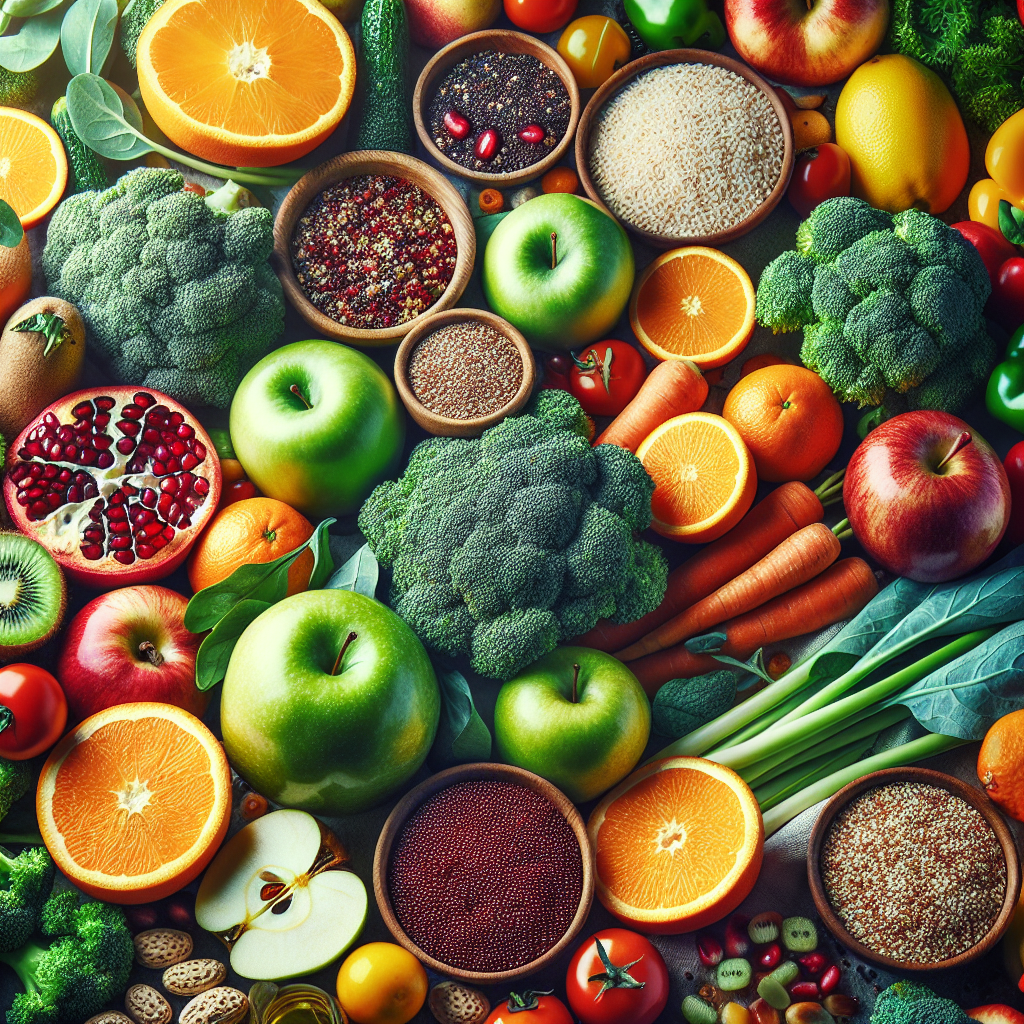Understanding the complex interplay between diet, nutrition, and medication efficacy is vital for anyone looking to optimize their health outcomes. The food we eat and the nutrients we absorb can significantly influence how well our medications work, potentially altering their effectiveness and safety.
How Diet Affects Drug Absorption and Metabolism
The process by which our body absorbs, breaks down, and ultimately excretes medication is known as pharmacokinetics. This process can be heavily influenced by the foods we consume. For example, certain foods can increase the acidity of the stomach, which can either enhance or hinder the absorption of various medications.
Moreover, some foods contain compounds that affect enzymes responsible for metabolizing drugs. The grapefruit is a well-known example; it contains furanocoumarins that inhibit an important enzyme in the liver, potentially leading to higher levels of medication in the bloodstream and an increased risk of side effects.
Nutrient-Drug Interactions
Nutrients from our diet can also interact with medications. For instance, vitamin K, found in leafy greens, can reduce the effectiveness of blood thinners like warfarin, necessitating careful monitoring of dietary intake. Conversely, a lack of certain nutrients may impair the body’s ability to process medications effectively, underscoring the importance of a balanced diet.
The Role of Nutrition in Medication Effectiveness
Proper nutrition can bolster the therapeutic effects of medications in various ways. For instance, certain vitamins and minerals play a role in reducing inflammation, bolstering the effects of anti-inflammatory drugs. Conversely, a deficiency in these nutrients may diminish a medication’s impact.
Diet and Chronic Disease Management
Managing chronic conditions often involves long-term medication use, making the dietary choices even more crucial. For example, individuals with cardiovascular disease need to be mindful of their fat and sodium intake to avoid undermining their medications. In this context, exploring resources on cardiovascular health can provide invaluable guidance.
Medication Timing and Food Intake
The timing of medication in relation to meals is another crucial consideration. Some drugs are best taken on an empty stomach to enhance absorption, while others need to be taken with food to minimize gastrointestinal distress and improve efficacy.
Special Diets and Medication Requirements
Patients with special dietary needs, such as those with celiac disease or diabetes, may require adjustments in their medication regimens. These individuals must work closely with healthcare providers to ensure that their diet complements their medication plan effectively.
The Impact of Diet on Side Effects and Toxicity
Diet can also influence the side effects and potential toxicity of medications. Foods that exacerbate side effects or interact negatively with medications can pose significant risks. For example, high-tyramine foods can interact dangerously with monoamine oxidase inhibitors (MAOIs), a type of antidepressant, leading to hypertensive crises.
Nutritional Supplements and Medication
Adding nutritional supplements to one’s diet can be a double-edged sword. While they can address nutrient deficiencies and support overall health, they can also interact with medications. For instance, St. John’s Wort is known to reduce the effectiveness of several drugs, including birth control and certain antidepressants. It’s essential to consult healthcare professionals before combining medications and supplements.
Strategies for Optimizing Diet and Medication Efficacy
To maximize medication efficacy while maintaining a healthy diet, consider the following strategies:
Personalized Nutrition Plans
Working with a dietitian can help tailor a nutrition plan that accounts for any medications being taken, ensuring both dietary needs and medication efficacy are addressed.
Medication Reviews
Regular medication reviews with a pharmacist or doctor can identify potential food-drug interactions and adjust dosages or timing as needed.
Ongoing Education
Staying informed about how various foods and nutrients interact with medications is crucial. For example, learning about the impact of stress on medication and supplement efficacy can help mitigate negative effects.
External Resources for Further Reading
To delve deeper into this topic, explore the following niche resources:
- National Institutes of Health: Drug-Nutrient Interaction offers a comprehensive look at how certain nutrients can impact the effectiveness of drugs.
- American Society for Nutrition: Food-Medication Interactions provides insights into the complex ways in which food can affect medication absorption and metabolism.
- Food and Drug Administration: Avoiding Drug Interactions gives practical tips on how to prevent adverse drug interactions with food and supplements.
Conclusion
The symbiotic relationship between diet, nutrition, and medication efficacy cannot be overstated. Through mindful eating, informed nutritional choices, and collaboration with healthcare professionals, individuals can enhance the benefits of their medications while minimizing potential risks. As research continues to shed light on these interactions, patients are encouraged to actively participate in their health management by staying educated and vigilant.
In conclusion, a comprehensive approach to health that integrates diet, nutrition, and medication management is key to achieving optimal outcomes. By understanding the role of diet and nutrition in medication efficacy, individuals can better navigate their health journeys toward wellness and vitality.



